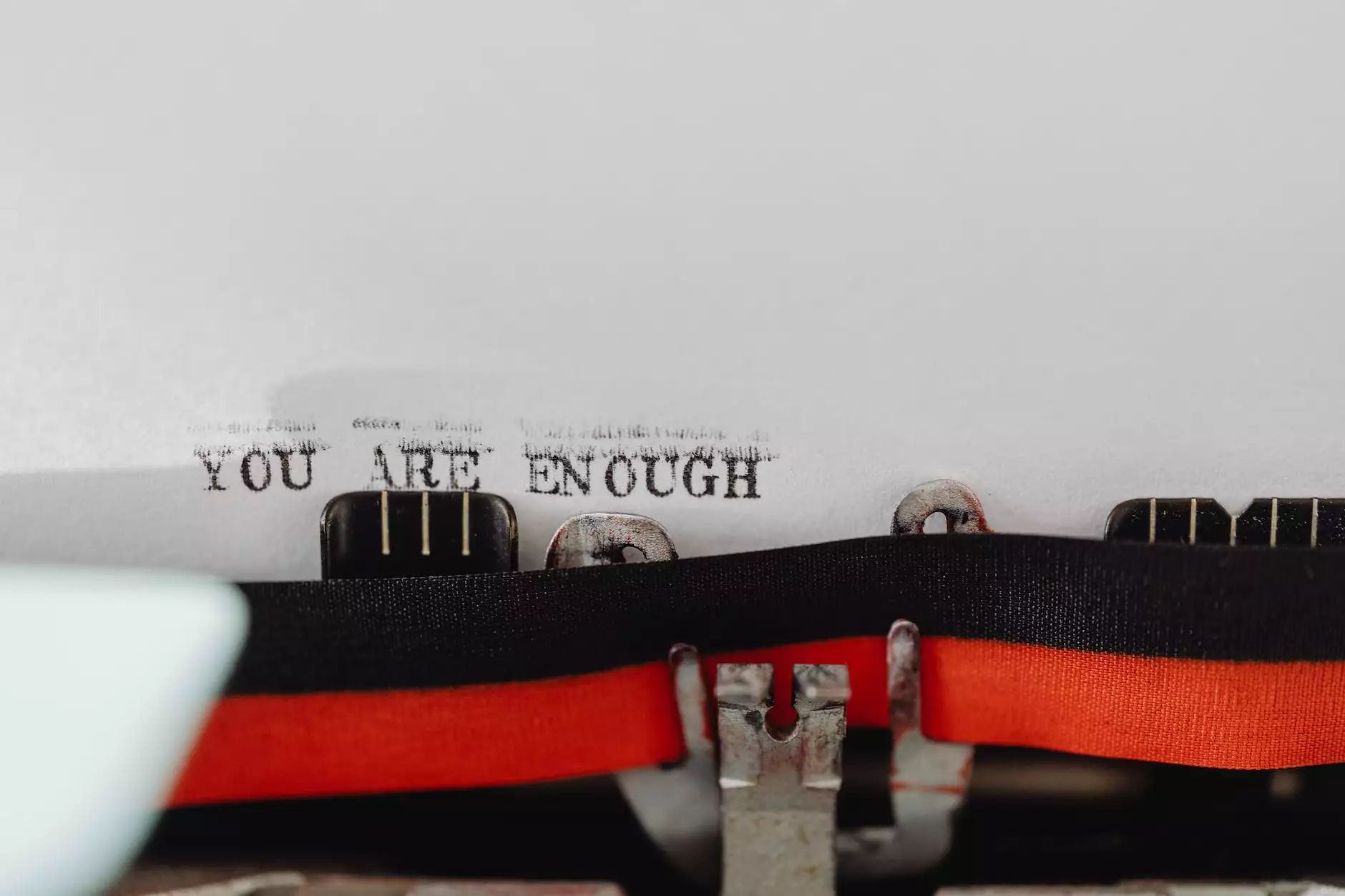Who vs Whom: What's the Difference?
CTLE Opportunities
Introduction
Welcome to our comprehensive guide on the usage of 'who' and 'whom' in the English language. In this article, we will explore the differences between these two pronouns and how to use them correctly. Understanding the distinction between 'who' and 'whom' is essential for effective communication, especially in business and professional contexts where precision matters.
Defining 'Who' and 'Whom'
To start, it is important to define both 'who' and 'whom' before delving deeper into their usage. 'Who' is a subjective pronoun used for the subject of a sentence or clause, whereas 'whom' is an objective pronoun used for the object of a verb or preposition.
Using 'Who' Correctly
When using 'who,' you should refer to the subject of a sentence or clause. This pronoun is used when the person being talked about is performing an action or carrying out the verb in the sentence. Here are a few examples:
- Who is going to the meeting?
- She is the one who completed the project.
- Who will be the next team leader?
As seen in the examples above, 'who' is used when the subject is performing the action or being discussed.
Using 'Whom' Correctly
On the other hand, 'whom' is used when referring to the object of a verb or preposition. It is important to note that 'whom' is used less frequently in modern English, but it still holds value in formal writing and certain contexts. Consider these examples:
- To whom did you send the email?
- The manager, whom we admire, will be speaking at the conference.
- Whom can I call for assistance?
Here, 'whom' acts as the object of the verb or preposition and represents the person or people being referred to.
When to Use 'Who' and 'Whom'
Now that we know the basic definitions, let's explore specific situations where 'who' or 'whom' is appropriate:
Using 'Who'
'Who' is used:
- As a subject of a sentence or clause
- When the person is performing an action
- As the subject complement
For example, "Who ate the cake?" or "She is the one who wrote the report."
Using 'Whom'
'Whom' is used:
- As the object of a verb or preposition
- When the person is on the receiving end of an action
For instance, "To whom did you address the letter?" or "The award goes to whom the committee selected."
Additional Tips for Proper Usage
Here are some additional tips to help you use 'who' and 'whom' correctly:
- Consider the function of the pronoun in the sentence. Is it the subject, object, or part of a prepositional phrase?
- If in doubt, rephrase the sentence. For example, change "Whom did you see?" to "You saw whom?"
- Use 'who' in place of 'whom' in informal settings where 'whom' may sound overly formal or stilted.
- Pay attention to the verb or preposition that precedes the pronoun to determine if it requires an object.
Conclusion
Mastering the difference between 'who' and 'whom' is vital for clear and effective communication. Hopefully, this guide has provided you with the knowledge and confidence to use these pronouns correctly in your writing and speech. Remember, precision in language elevates your professionalism and enhances your overall communication skills.
For more information on various grammatical topics and language usage tips, be sure to explore our website further. We are dedicated to providing helpful resources and guides to help you excel in your personal and professional endeavors.










